Fennel (Foeniculum vulgare) is a perennial herb grown both for culinary purposes and for its ornamental value. Its feathery, branching, aromatic, yellow-green foliage and tall stature can be attractive as border plantings, in cottage gardens, and more. It is also a good choice for butterfly gardens, as swallowtail caterpillars use it as a food source and pupal site. The plant sports small yellow flowers in the summertime, followed by aromatic seeds that can be harvested along with the foliage. It has a flavor similar to anise or licorice. Fennel is typically planted in the spring, and it has a fast growth rate.
Description from thespruce.com
Home > Plant Guide >
Scientific Name
Family
Garden Type
Wildlife
Native Plant Region
Light needs
Water Needs
Plant Type
Bloom Color(s)
Height
Width
Months in Bloom
Safe Beneath Power Lines?

We’d like to maintain accurate and robust plant listings. If you see information that is not correct or that could be added to improve the listing, please let us know. Or if you’d like to suggest a plant to add to our plant guide, you can use this form do so. Thank you!

Learn about diversifying the way architecture is taught and practiced from designers of color.
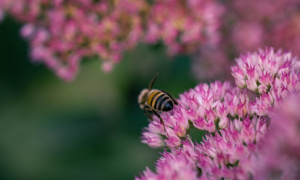
This workshop will guide you through the process and materials needed to help you decide if Mason Bees are right for you and your garden, whether you have a small deck or an open garden.
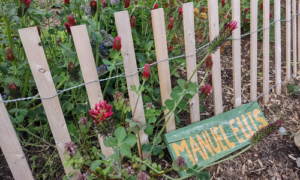
Three inspiring local food justice practitioners will share how their work in urban farming improves access to healthy foods, fosters relationships to land, and builds community.
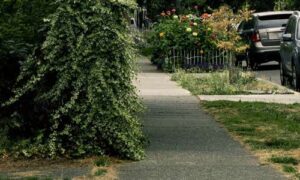
Start a garden in a planting strip along the street. Explore our interactive corridor map, find what to grow, and start nurturing today.
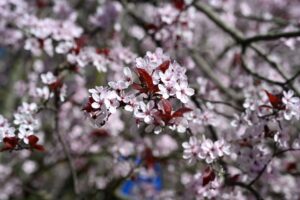
Gardeners can check out seeds for free from the library to plant. Then after harvest, gardeners bring seeds back to the library for others to enjoy in future growing seasons.
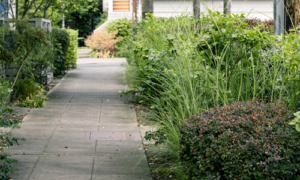
Do you want to plant a tree, create butterfly habitat, or start a vegetable garden but don’t have a yard? Learn how planting strips are a great place to start your own garden!
Nature of Your Neighborhood is a collaboration between Birds Connect Seattle, the Capitol Hill EcoDistrict, and the Seattle Bird Conservation Partnership. Our goal is to foster relationships between the people and the nature of their neighborhoods.